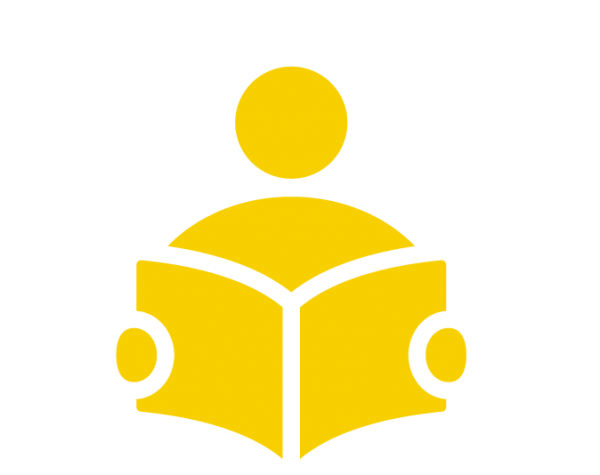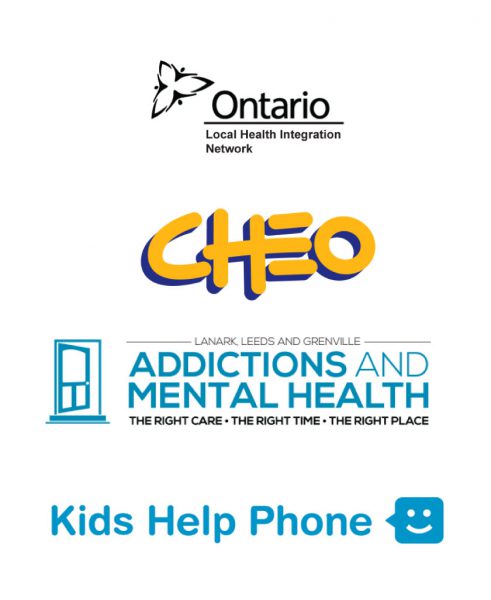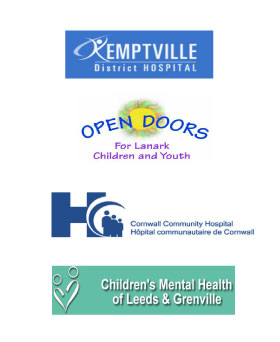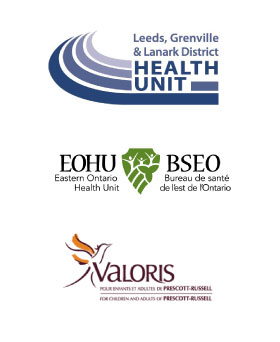Guide for Working Together to Respond to Children and Youth Struggling with Substance Use, Addictions and Mental Health Concerns
The CDSBEO, in partnership with many community agencies that serve our students and their families, has created a new Guide for Working Together to Respond to Children and Youth Struggling with Substance Use, Addictions and Mental Health Concerns. This Guide is designed to support school staff and those working with children and youth when working with young people who are turning to substances to cope with life’s hardships or to fit in. According to the Mental Health Leader at CDSBEO, Michelle Neville, “relationships are like a vaccine against substance use”, therefore much of the Guide is designed to foster relationships with students and ensure that kids feel as though they belong. Complete with a Single Plan of Care, Coping Strategies Plan and Child/Youth Feedback Form, this Guide helps the helpers support kids in the best way possible.
In the Guide:

Become an Ally
Understanding concurrent disorders, how substance use and mental health affect each other, common myths regarding substance use and mental health, the Stages of Change, and the many community partners in our region to work alongside with, makes this Guide a helpful tool for any adult ally.

Core Addiction Practice
Core Addiction Practice (CAP) is a training that anyone can take to learn more about how to support someone struggling with substance use. Asking the right questions, listening – really listening – and responding to “Change Talk” can save lives.

Coping Techniques
We all learn coping techniques as we grow up. Some people listen to music when they’re feeling down. Others draw. Some go for a walk, play with a pet or write in a journal. For too many of our young people, though, substance use is a quick fix that helps them to cope. Learning new coping tricks to replace substance use is a vital step in breaking an addiction. Check out the Coping Strategies Plan in the new Guide!

Stages of Change
Did you know that we all go through 5 stages whenever we make a change in our lives? Want to drink more water? You’ll go through these 5 stages. Want to exercise more? These 5 stages will be covered. Reducing or quitting using substances is no exception. By understanding the Stages of Change (Prochaska, 1984), youth can recognize which stage of change they are currently in and make a plan to move up to the next one.
Read the Full Guide:
Guide for Children and Youth Struggling with Substance Use, Addictions and Mental Health ConcernsAgencies involved in the creation of this resource:



